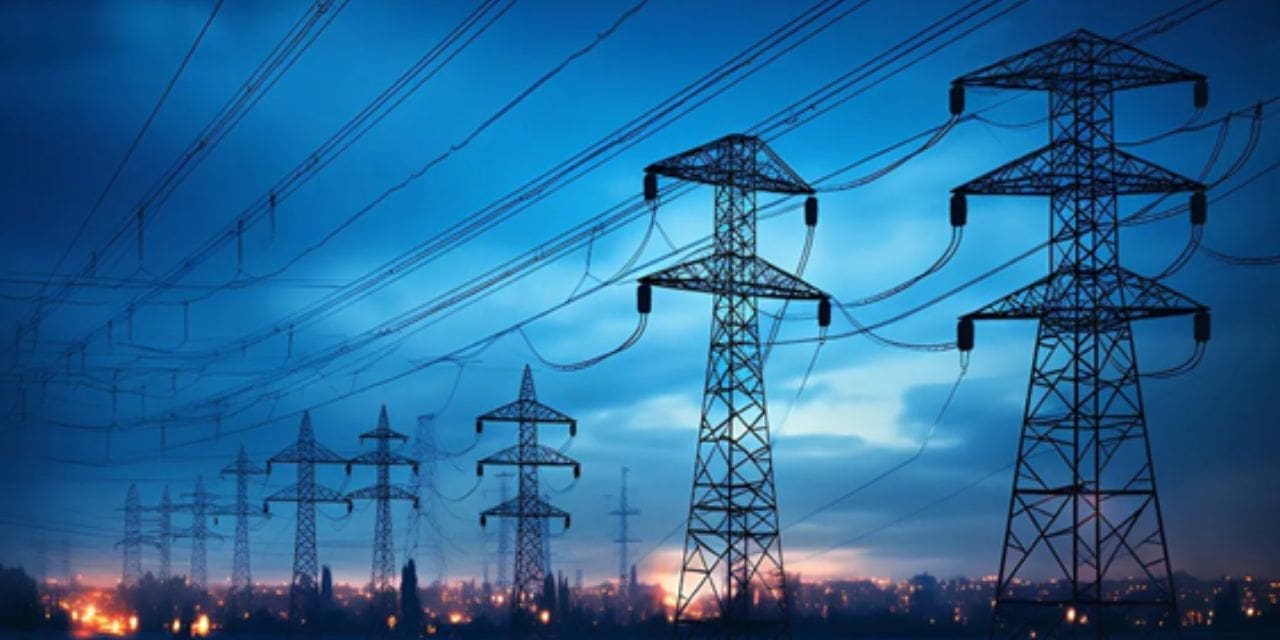The European Council has approved a new electricity market reform that aims to provide EU consumers with more stable energy prices, reduce reliance on fossil fuels, and offer protection from potential crises. The Council now has the authority to declare a crisis based on proposals from the European Commission in instances of excessively high wholesale electricity prices or sudden spikes in retail prices.
Member states must follow existing EU rules during an electricity crisis, including reducing prices for vulnerable customers to mitigate the impact.
Member states must prevent distortion of the internal electricity market and ensure a level playing field for suppliers during crises. The EU has adopted electricity market reforms to empower consumers, ensure security of supply, and create a more stable and sustainable energy market. Power purchase agreements (PPAs) are encouraged as they provide stability for customers and investors, with updated rules promoting their use and reducing red tape and charges.
Power purchase agreements (PPAs) are long-term contracts that offer stability for customers and investors. Updated rules aim to promote PPAs by reducing bureaucracy and costs. Member states can support renewable investment through guarantee schemes. Additionally, they can use contracts for difference (CfDs) to support new electricity generation investments and stabilize prices in the face of fossil fuel market volatility. These measures align with decarbonisation goals and encourage renewable energy development.
Under a two-way contract for difference, energy generators would be guaranteed minimum remuneration while being required to operate efficiently in electricity markets. During high price periods, they would have to repay excess revenues, which could benefit final customers, reduce electricity costs, or improve distribution grids. This type of contract can be applied to investments in various power-generating facilities such as wind, solar, geothermal, hydropower, and nuclear energy.
The member states of the EU will strengthen their efforts to protect vulnerable and energy-poor customers by prohibiting disconnections. The reform also promotes energy sharing schemes to complement existing provisions on renewable and citizen energy communities. The recently adopted electricity market regulation will soon be signed and published in the Official Journal of the EU, becoming applicable in all member states after twenty days.

